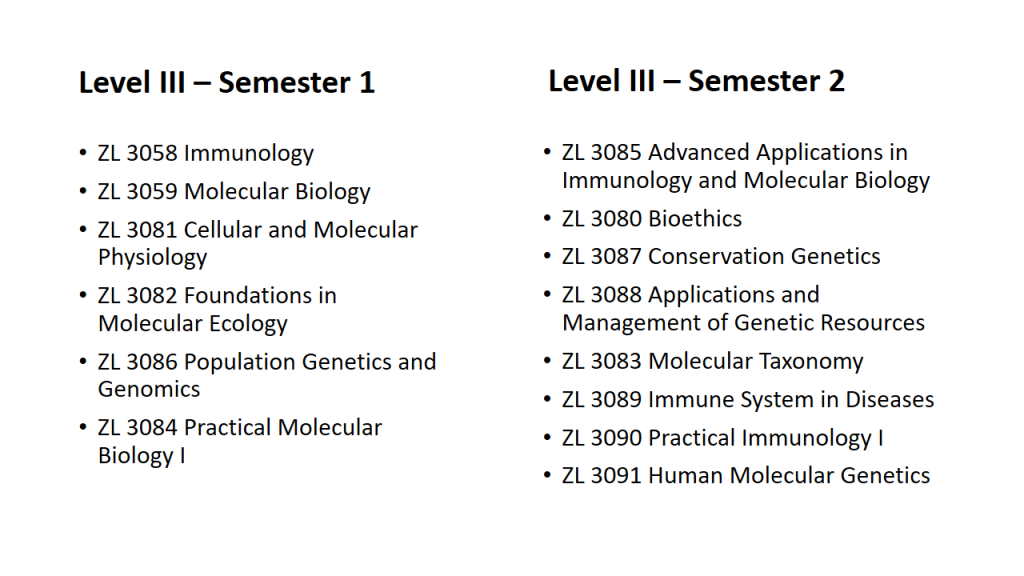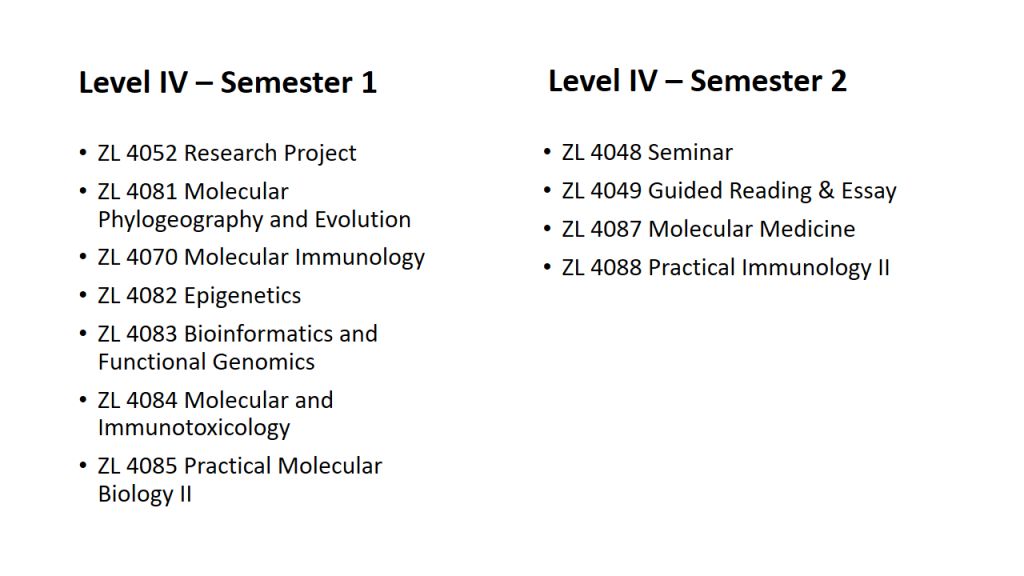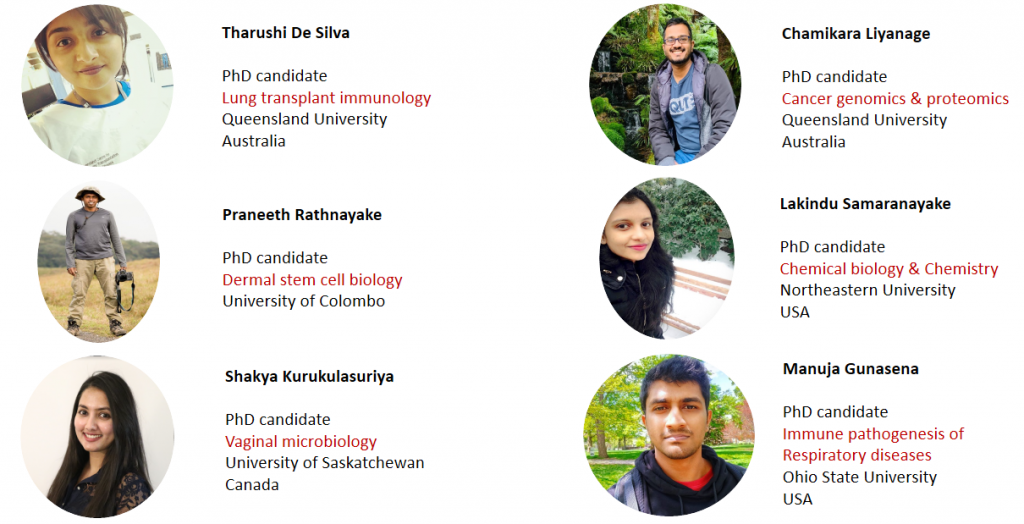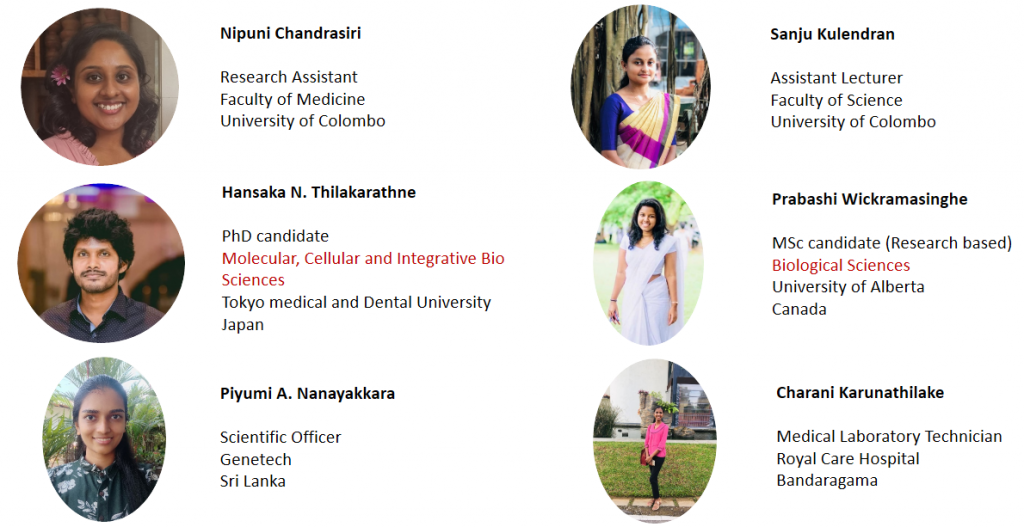Hello there, budding scientists!
After completing two years of hard but enjoyable work in FoS, it has now come to make a crucial decision that would decide the path ahead of you. So, we are here to give you a brief introduction to an honors degree program, which might interest you if you wish to pick a pathway that is flexible and gives you access to a range of prospects and fields from medicine to molecular biology to choose to your liking. This particular program is the BSc Honors in Immunology & Integrative Molecular Biology (IIMB as we call it).
Immunology and Integrative Molecular Biology (IIMB)
Being true to its name, the Immunology and Integrative Molecular Biology honors degree program incorporates theory and techniques from both fields. The scope of the program includes anywhere and everywhere between cell biology, human biology, genetics, molecular ecology, conservation and evolution, disease, parasitology, virology, basic bioinformatics, and bioethics. The program also gives you a sound foundation in research methods, design, and research ethics.

FAQs
Q: How do I become eligible for IIMB?
A: For any BSc Honours degree program with research orientation, the basic eligibility criterion is a minimum GPA of 2.00 at the end of Level II for all registered academic courses.
For IIMB, the eligibility criteria are a GPA of 3.0 for all ZL core courses from 1st and 2nd year and a minimum GPA of 2.67 for BT 1011 (Cell Biology), CH 1012 (Organic Chemistry), and CH 2013 (Biochemistry). An intake of 10 students will be selected using the total weighted mark obtained for the said subjects.
Q: Is this program purely academic?
A: The degree is academic-oriented, however pursuing a career away from academia is also possible. The techniques you will get hands-on will allow you to work in a number of fields.
Q: What are the career options available then?
A: At the entry-level of healthcare and industry, trainee and internship opportunities are available in genomic and diagnostic labs as laboratory technologists. You may advance up to medical laboratory scientist or managerial positions depending on your choice.
Q: Can I just continue within this field with the BSc alone?
A: You can, but it’s not advised. The degree program does give you hands-on experience in some fundamental techniques that are unavailable at the undergraduate level in many local and foreign universities. However, Immunology and Molecular Biology are still vast and advanced, therefore the level you can upgrade to well depends on how further you have studied. An MPhil is good, an MSc is better, a Ph.D. is ideal and the further you go will be the best.


Q: What skills am I to expect from the program?
A: On the technical front, for Immunology, you will familiarize yourself with fundamental techniques such as; micro-pipetting, animal handling, dissections, microscopy, ELISA (Enzyme-Linked Immunosorbent Assay), SDS-PAGE for protein analysis, analyzing blood samples, etc. For Molecular Biology you will gain a background in DNA extraction, PCR, Agarose gel electrophoresis, constructing phylogenetic trees, and basic bioinformatics including primer designing, protein modeling, ligand docking, etc., basics of DNA sequencing, cell transformation, plasmid extraction, etc. Depending on your research topic, you add additional skills or improve on the skill set obtained within the curriculum.
Q: What are the course contents offered by this degree program?
A: Immunology and Integrative Molecular Biology special degree contain all core courses that are worthy of 41 credits of lectures and 24 credits of practicals. Course content followed according to the new syllabus, for 2 years of IIMB is shown below.


Q: What fields are covered in this program?
A: The key focus as you already know is Immunology and Molecular Biology. To supplement this and make you a good researcher ahead, the program offers the following:
- Cell Biology
- Population Genetics and Genomics
- Conservation Genetics
- Molecular Genetics
- Molecular Ecology and Taxonomy
- Applied Biotechnology
- Parasitology
- Virology
- Developmental Biology
- Toxicology
- Molecular Medicine
- Bioethics
Q: How do I pick a research topic?
A: You can pick a research topic by asking for available projects under the research advisor of your choice. You can also come up with your own topic and discuss it with your advisor and decide. If you wish to pursue further in a sub-discipline, the undergraduate research project could give you the freedom and resources needed.
Q: How does the research benefit me?
A: Your research topic could be a decisive factor when it comes to pursuing higher studies. Your topic will usually have a higher weight towards in discipline (e.g. – microbiology, immunology, parasitology, bioinformatics, molecular biology, etc,.) which will give you more access to opportunities in the chosen field over others. However, do remember this will not “restrict” you into a field.
Q: Where are our graduates now?
A: A lot of our past graduates are now doing their higher studies in world-renowned universities abroad while others are pursuing an occupational carrier in different institutes. Below shown are a few proud alumni of the IIMB degree program.






So we invite you to join us and share our passion and vision. Help us build a stronger network of intellectuals. You will come away inspired, and connected to a global network of scientists making a difference in different fields, communities, and the world at large. We are waiting to welcome you with open hands.
From your seniors, with lots of love!
Image Courtesy
- Title Image: https://bit.ly/3ygoU6l
- 1st Content Image: https://bit.ly/3KM0JiR and https://bit.ly/38WCHEs



1 Comment
R.Mithara · November 24, 2022 at 6:21 pm
Excellent